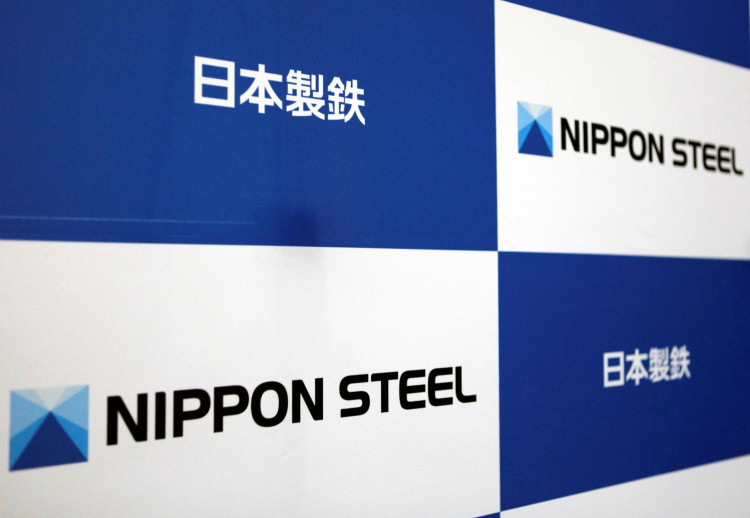U.S. Steel has issued a stark warning that thousands of union jobs could be at risk if its proposed merger with Japan's Nippon Steel fails to gain approval. The potential deal, valued at $15 billion, has faced increasing opposition from both political leaders and labor unions as the 2024 U.S. presidential election approaches.
In a statement released on Wednesday, U.S. Steel emphasized the significant consequences that could arise if the merger does not proceed, including the possibility of moving its headquarters out of Pittsburgh and shifting away from its blast furnace operations. "The failure of this transaction could put thousands of well-paying union jobs at risk," said U.S. Steel CEO David Burritt, adding that the company's ability to invest in its facilities would be severely constrained without the deal.
Nippon Steel, Japan's largest steelmaker, has sought to address the mounting political resistance by outlining plans to ensure that U.S. Steel would remain "American-run." The company stated that a majority of the board of directors would be U.S. citizens, and key decisions on trade matters would require approval by a majority of independent American directors. Additionally, Nippon Steel pledged to prioritize production at U.S. Steel facilities to meet domestic demand and maintain the company's headquarters in Pittsburgh.
Despite these assurances, the deal has drawn criticism from both sides of the political aisle. Vice President Kamala Harris, the Democratic presidential nominee, voiced her opposition to the merger during a rally in Pittsburgh earlier this week, aligning herself with the United Steelworkers union, which has expressed concerns about the implications for workers, supply chains, and national security. "It is vital for our nation to maintain strong American steel companies," Harris said. "U.S. Steel should remain American-owned and American-operated."
Former President Donald Trump, the Republican presidential nominee, has also vowed to block the deal if elected, reiterating his stance from earlier this year. The bipartisan opposition underscores the political sensitivity surrounding the potential sale of an iconic American company to a foreign entity, particularly as the U.S. grapples with concerns about industrial capacity and economic security.
Nippon Steel, however, continues to argue that the merger would be beneficial not only for the companies involved but also for the United States and Japan, a key U.S. ally. In a statement, the company said, "This transaction will enhance American national security by reinforcing U.S. Steel and its domestic production capabilities, bringing cutting-edge technologies into the United States, and ultimately making the American industrial base and supply-chain more resilient."
The stakes are high for U.S. Steel, which has been struggling to compete in a challenging market environment. The company has pointed to the potential benefits of the Nippon Steel investment, including a $2.7 billion commitment to replace and upgrade facilities, as crucial to its long-term viability. Without the merger, U.S. Steel has warned that it would be unable to make similar financial commitments, potentially leading to job cuts and further retrenchment.
As the debate over the merger intensifies, U.S. Steel employees have planned a rally at the company's headquarters in Pittsburgh to show their support for the deal. "We want elected leaders and other key decision-makers to recognize the benefits of the deal as well as the unavoidable consequences if the deal fails," Burritt said in a press release.





